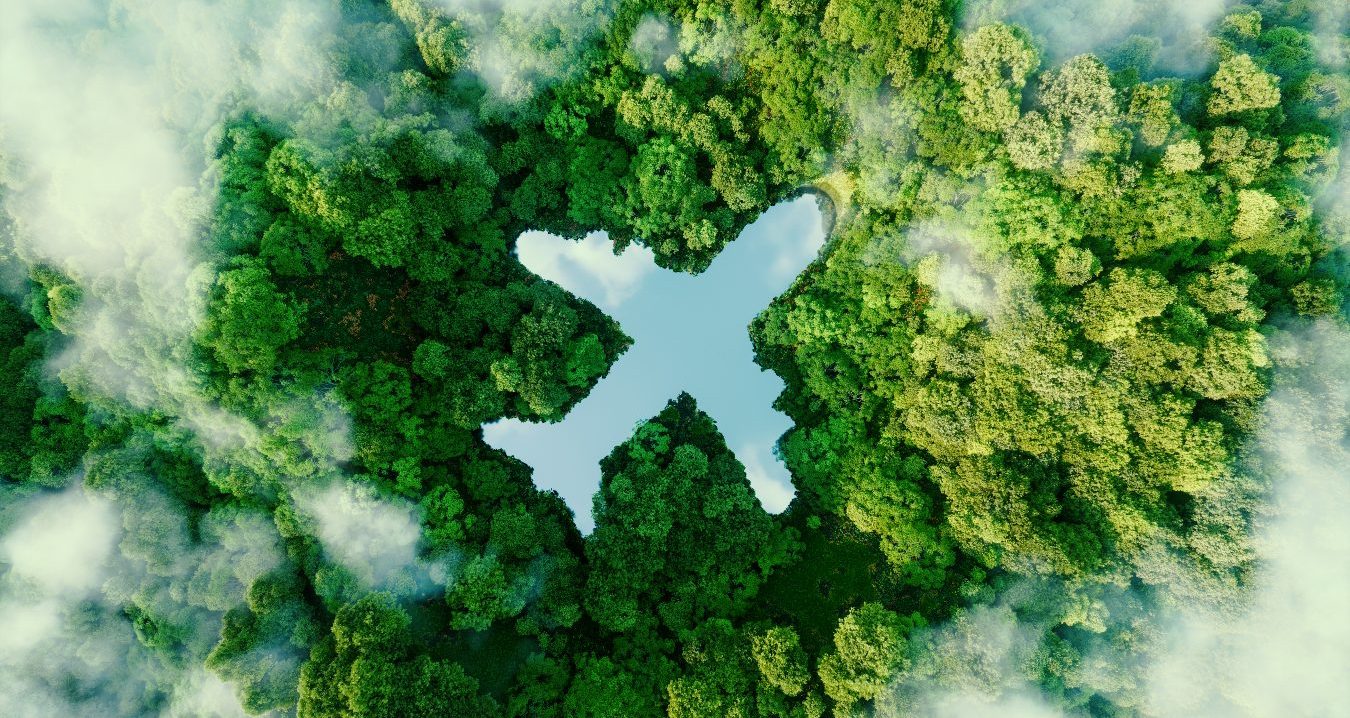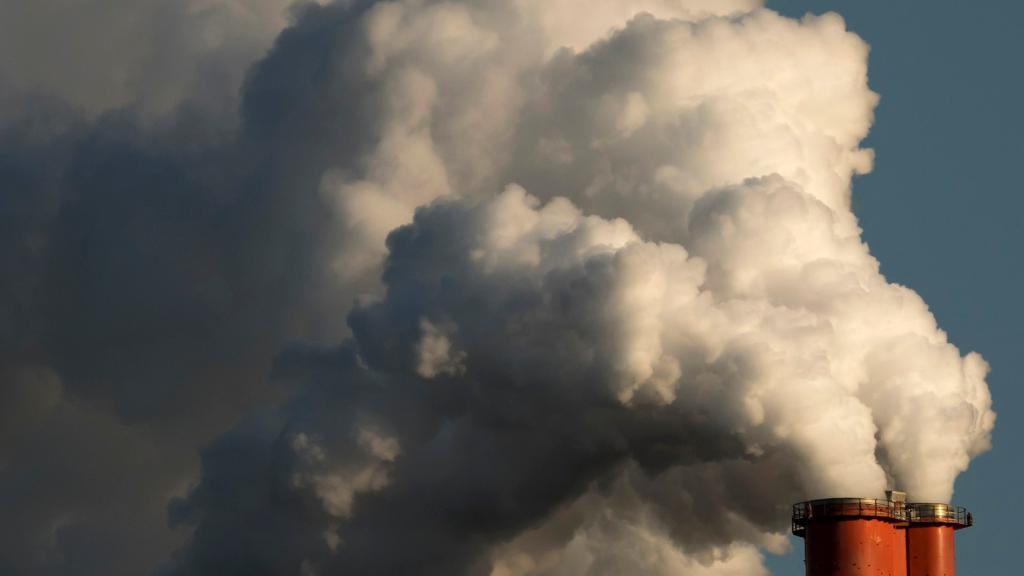Fodor’s, the popular travel company that built its business on telling you where to go and where to stay, eat and drink once you’re there, has just released a list of places around the world you should skip in 2023.
The company’s 2023 “No List” isn’t advising you to avoid these destinations because of bad food, lousy attractions, or risk of danger, but because the presence of large numbers of tourists in these places is causing unsustainable ecological, cultural, and social harm.
The “No List” focuses on global tourism’s impact on three key areas: unique and sensitive natural environments increasingly degraded by tourists, “cultural hotspots” facing overcrowding and strained housing and infrastructure, and destinations in the midst of water crises that already heavily burden local communities.
Lake Tahoe, California, and Antarctica made the list of natural wonders that deserve a respite from tourists due to their ecologically sensitive environments. As for cultural destinations on the list, Venice and the Amalfi Coast in Italy; Cornwall, England; Amsterdam, Netherlands; as well as Thailand, were noted as experiencing strained infrastructure and higher costs of living that are increasingly pushing out locals.
Global tourism, through a combination of food consumption, accommodation, transportation, and the purchasing of souvenirs, contributes eight percent of the world’s greenhouse gas emissions. After a brief respite in the first months of the pandemic, tourism numbers have exploded, exceeding even pre-pandemic numbers.
But the pandemic-induced downtown in tourism gave locals, environmental activists, and government officials in places like Thailand the chance to witness something seemingly unimaginable: the revival of their local ecologies and communities that had been devastated by the social and environmental costs attributed to the industry. In April, the Southeast Asian country’s government banned styrofoam packaging and single-use plastics from national parks. The minister of natural resources and environment also ordered that all national parks in Thailand be closed for one month a year.
Amidst global droughts and depleting reserves, water is central to understanding some of the pushback from local communities against mass tourism. On the Hawaiian Island of Maui, which also made the “No List,” many Native Hawaiians have become increasingly vocal about how mass tourism is negatively impacting their access to increasingly scarce water resources. This past June, mandatory water restrictions were put in place in parts of Maui most visited by mainland and international tourists. The order prohibited non-essential use of water, including irrigation, lawn watering and washing vehicles. But as local households were forced to adjust or face hefty fines, hotels and other tourism facilities were exempt from these cutbacks.
“When they stay in a destination, tourists essentially become temporary residents,” said Justin Francis, the co-founder and CEO of travel company Responsible Travel, in an email. “That can place an additional strain on local services and facilities.” Francis advocates for more tourism taxes, which he says can boost funding for infrastructure development – roads, access to clean water, energy provision – that benefits local communities as well as tourists.
Pushback against mass tourism has also extended to policies on housing availability and affordability. On Oahu, Hawaii’s most populous island, the mayor of Honolulu signed a bill in April restrictions on short-term rental properties and Airbnbs in an attempt to help alleviate the local housing crisis. The proliferation of these properties, particularly in densely populated cities like Amsterdam and Barcelona, has become one of the most controversial issues not only among housing advocates and travel experts, but also official marketing and tourism officials. “They’re literally decimating communities – pricing local people out of their homes and areas they’ve lived their whole lives in,” said Francis. Amsterdam’s left-wing city council attempted to ban Airbnb rentals in three central districts of the city, but it was overturned by local courts last year.
The city of Honolulu’s policy includes limiting the number of Airbnbs and short-term rental properties as well as increasing the minimum length of stay required for visitors who use these services. The majority of homeless on the streets of the city are Native Hawaiians, who experience disproportionate levels of poverty throughout the state.
Of course, many communities most vulnerable to the negative social and environmental impacts of mass tourism are also dependent on it for their livelihoods. Simply boycotting travel can also hurt groups that are most vulnerable, including women, migrants, and people of color.
Some destinations are seeking to make the most of the economic benefits of tourism while minimizing its cultural and environmental impacts simply by restricting travel to “high value” tourists – i.e, those with more disposable income. The Himalayan nation of Bhutan is a prime example. Visitors are charged a daily $200 fee, which doesn’t cover the cost of hotels or other services. Bhutan’s government says that the fee supports sustainable tourism development and training, as well as carbon offsetting.
As for Antarctica, some experts argue that its inclusion on Fodor’s list is complicated, due to the fact that the landmass has no local population that would benefit from visitors. On the other hand, thoughtful and sustainable tourism could arguably protect more of the environment there, which could serve as a buffer against more destructive economic industries like mining. “Tourism here cannot be allowed to grow without limits and mandatory environmental measures,” said Francis from Responsible Travel. However, The Antarctic Treaty, which prohibits economic and military exploitation of the region, will likely continue to protect the area’s environment and resources.
The big takeaway from Fodor’s list is that travel can be a force for good – both for nature and for local communities. The key is not necessarily to stay away, said Francis, but to always make informed choices that minimize harm and maximize benefits to local communities first.
“As an industry we need to do better than ‘leaving nothing but footprints’, and actively work towards creating positive impacts,” he said.



